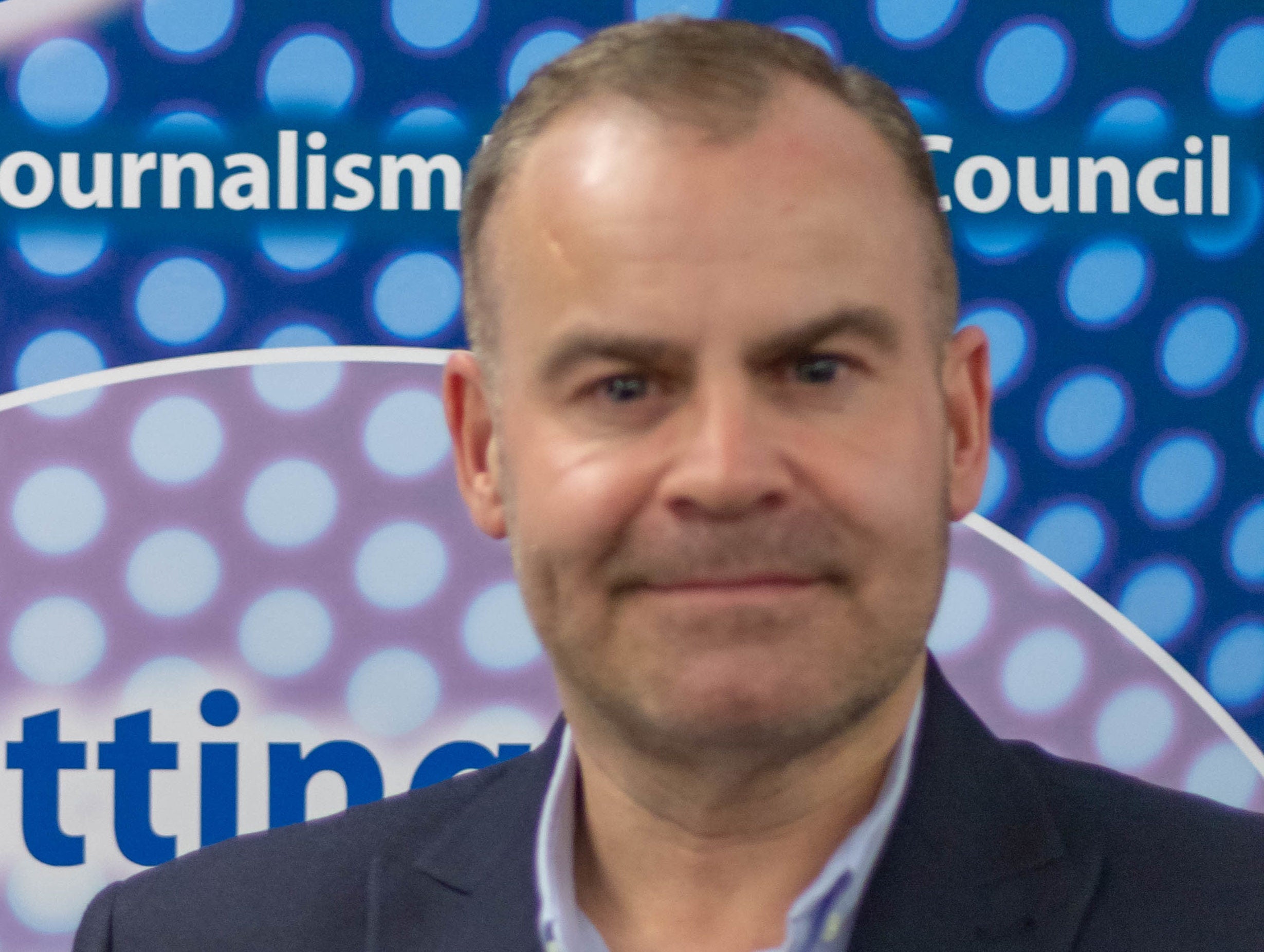
A top broadcast journalism trainer has claimed a “gradual erosion” of real-life social skills, brought on by social media and smartphone use, could pose a “massive problem” for the news industry.
Jon Godel, chief executive of the Broadcast Journalism Training Council, said student journalists now need to be taken “step by step” through interactions with “real people” as a result of their modern lifestyles.
He pointed out that students now at university were born in 2000 and have “never known not to be able to text people to ask them a question”. Facebook launched in 2004 and three years later the first iPhone arrived.
But, the former Independent Radio News editor told Press Gazette: “If real people don’t talk to real people there will be no real journalism.
“It’s no good just texting someone and asking a question because the text response might come back but that doesn’t give you your secondary question. That doesn’t lead you.
“They don’t get a sense of the tone of your question and you don’t get a sense of their tone coming back.”
Referring to a decline in social skills, which he says happened over the past several years, Godel (pictured) added: “For some industries it’s not a problem, but for journalism and when you want to get real, unique and original stories, it’s a massive problem.”
Such is Godel’s concern that the BJTC’s upcoming conference for industry and academic partners on 9 May will host a dedicated session about “how to get students to engage with real people”.
He said: “I’ve kind of been putting off doing it as a session for about two years because I’m almost embarrassed that we’re having to do it in the first place, but everyone I’ve spoken to goes: ‘no, it’s a great idea so we can share that practice of how we’re actually achieving it’.
“I never realised until quite recently that it was such an issue about getting students to pick up phones.”
The session will look at some of the new methods journalism course leaders have introduced to encourage students to pick up the phone or go out and meet contacts, such as setting up a Sunday market where they can interview locals and host an outside broadcast.
Last month, the University of Lincoln’s journalism department took all of its students to Boston, Lincolnshire, which had the highest Brexit vote in the 2016 referendum, and set up pocket newsrooms in cafes and churches.
“They went to the community and that’s how they got their students talking to real people,” Godel said. “Some of this sounds obvious, but you’d be surprised how it has to become quite a thing now for the students to do that.
“I never thought that we’d have to be at the stage where we’re having to think of ways to get students to talk to real people, because as a journalist I’ve always been inquisitive in nature, even when I was younger.
“I realise now that the people that are coming through into journalism courses are going to be brilliant journalists, but they’ve lived lives online, they’ve lived life texting their friends, even texting their parents, so it’s a challenge to literally get them to ask a stranger for a story.”
Godel, who started his career at the Bedfordshire On Sunday before moving into commercial radio, warned that even though journalists’ lives have been made easier with new technology, “storytelling is still storytelling”.
Despite these concerns, he was not all doom and gloom. “I don’t think it’s the end of the world that this is going on,” he said.
“I think actually in some ways it’s good that we’re doing this, but I do think that it’s a place I never expected to be – that people generally in life don’t talk to other people…
“The way we talk to each other, the way we socialise, has completely changed, so the way we get stories and the way we manage to get people’s confidence has often changed as well.”
The BJTC accredits some 60 journalism courses in the UK and works with industry partners including ITN, Sky News, the BBC, AP, Channel 4, Reuters and Global.
Email pged@pressgazette.co.uk to point out mistakes, provide story tips or send in a letter for publication on our "Letters Page" blog
